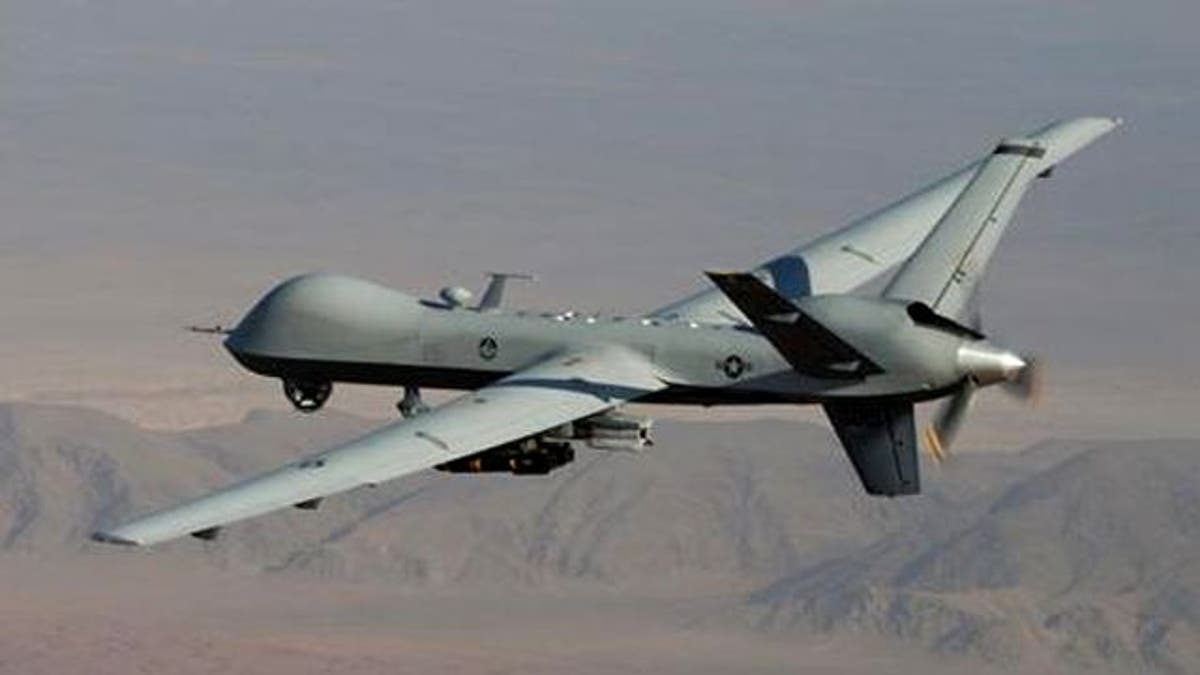
I support the authority of the president, relying upon his commander in chief powers, to kill enemy combatants according to the laws of war — even those who are American citizens. Few people could credibly question the authority of American forces to kill an armed member of al-Qaida confronted on the battlefield.
Most Americans would also agree that if that same al-Qaida member is an American citizen, our military forces are not required to call “time out” before using force, nor required to provide a battlefield mini-hearing to satisfy some notion of due process.
Under either scenario, members of al-Qaida constitute the enemy; they are combatants on the battlefield and may be killed or detained according to the laws of war.
Unless there are changes to the current practice, I believe it likely the Court will at some point review the legality of the president’s drone program against Americans.
Long distance killings via unmanned aerial drones, however, present a more difficult legal question, and raise concerns over the scope of presidential power to kill American citizens without due process. The use of unmanned drones makes sense given the improving technology and the evolving threats to U.S. interests.
The question is not their effectiveness but whether their current use is lawful. The Obama administration asserts it employs a careful review process prior to each drone killing to ensure that only enemy combatants are targeted. Our government also claims that its procedures satisfy constitutional requirements of due process given the necessities and circumstances of an ongoing conflict.
This may be true; however, the Supreme Court has said that the authority of the president in dealing with an American citizen is not absolute.
The most notorious killing by drone involved American Anwar al-Aulaqi. Based on the public reporting (which in turn is based virtually entirely on executive branch sources), it appears al-Aulaqi was a member of al-Qaida, advocated violence against the United States and became involved at an operational level.
It appears highly doubtful from the facts presented by the administration that, even if given an opportunity, al-Aulaqi could have presented a credible defense that he was not an enemy combatant. Consequently, the government’s actions are arguably justified in his case. The circumstances, however, for the next American target may not be so obvious.
There are two decision points the government must maneuver in the killing of American citizens by unmanned aerial drones. The first is the government’s determination that an American is an enemy combatant.
The second involves the timing and manner of executing the kill order against an enemy combatant according to the laws of war. It is the first decision point that implicates concerns over due process and which may, in time, arouse the interest of the courts.
As to the second, once a target has been lawfully designated as an enemy combatant, then the commander in chief must be able to take action against this target at the moment of his choosing, consistent with national security and the laws of war. To require otherwise, would be an infringement on the president’s constitutional powers, and place the safety of Americans at risk.
While someone like al-Aulaqi may not be entitled to judicial process, he, like other Americans, is entitled to due process under the circumstances. Constitutional scholars agree the president is at his strongest legal position when he acts on his own constitutional authority along with a statutory grant of authority from Congress.
Courts have been more deferential to executive actions when the two elected branches of government are in accord during a time of armed conflict. No president wants to ask Congress for authority to exercise war making powers when he believes he already has it under the Constitution; and I am not recommending that the president do so here with respect to long distance targeted killings of Americans.
I am merely observing that the president’s legal authority is stronger when coupled with congressional authorization.
President Bush was criticized in some circles for what was seen by critics as an unconstitutional assertion of power to detain and interrogate enemy combatants. Many of those same critics are silent today with respect to President Obama’s unilateral decision to kill enemy combatants.
The Supreme Court, on the other hand, has not been timid in reviewing executive action in the war on terror. While I have not always agreed with the degree of the Court’s involvement nor with its decisions, I respect and acknowledge its authority to interpret the Constitution in defining the limits of government power.
For this reason, unless there are changes to the current practice, I believe it likely the Court will at some point review the legality of the president’s drone program against Americans.
The passage of any legislation will be contentious, in part, because any new law will have to accommodate the president’s constitutional authority as commander in chief. However, statutory authorization could provide some consistency and predictability in the designation process.
Congressional action may also ease the concerns of those who believe that concentrating the power to kill Americans into the hands of one individual is a threat to liberty and a step down the road toward tyranny.
